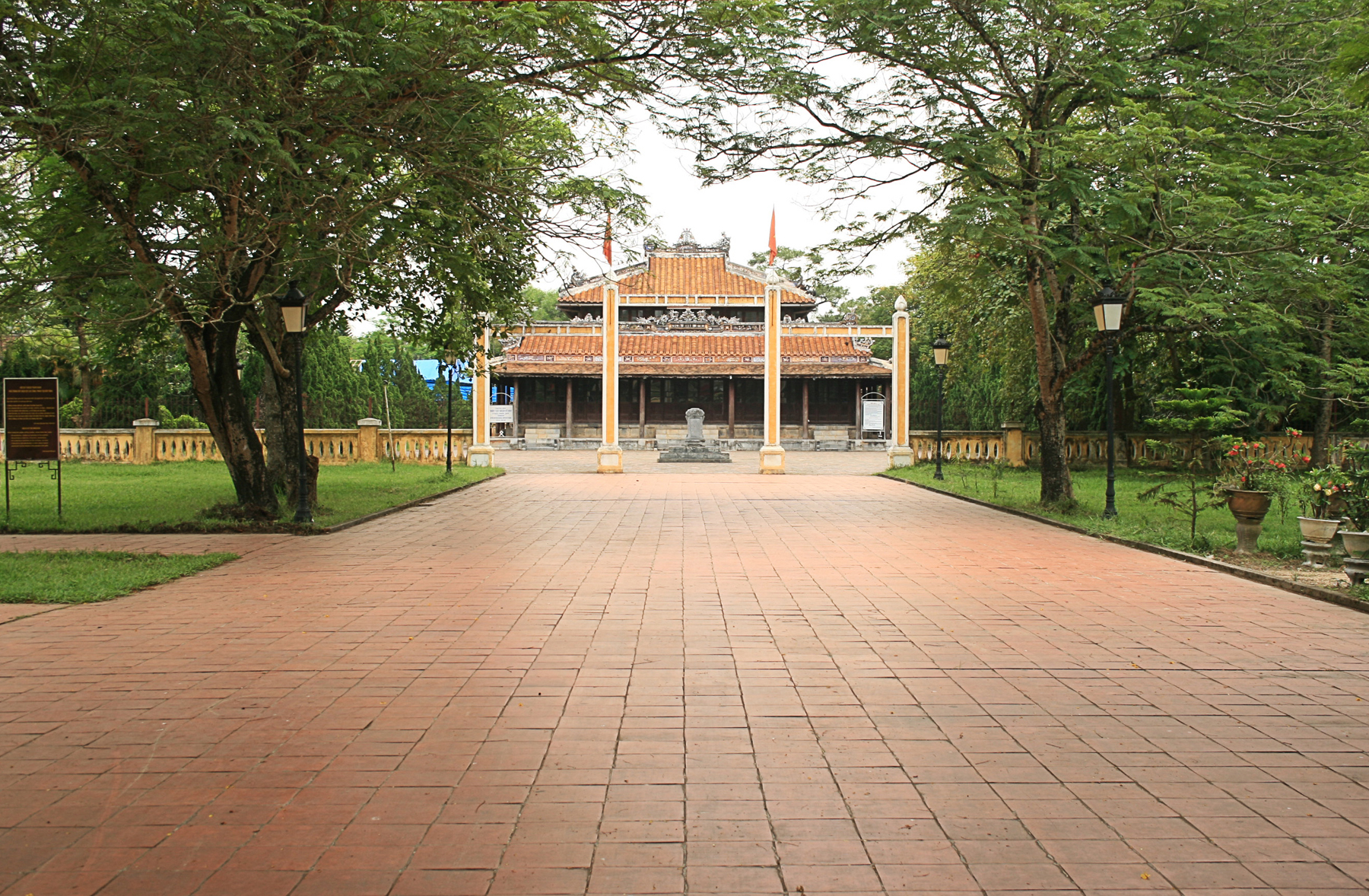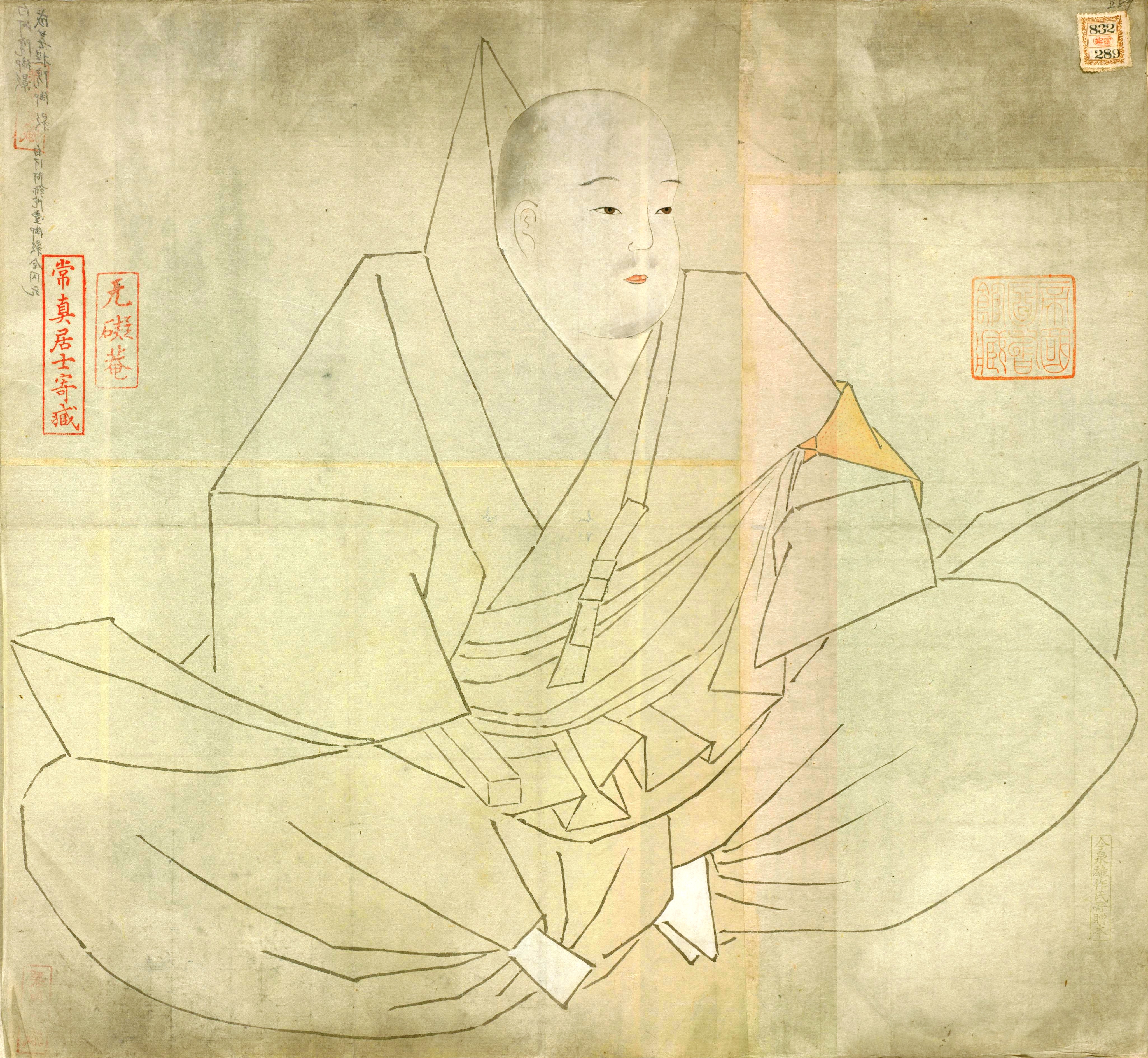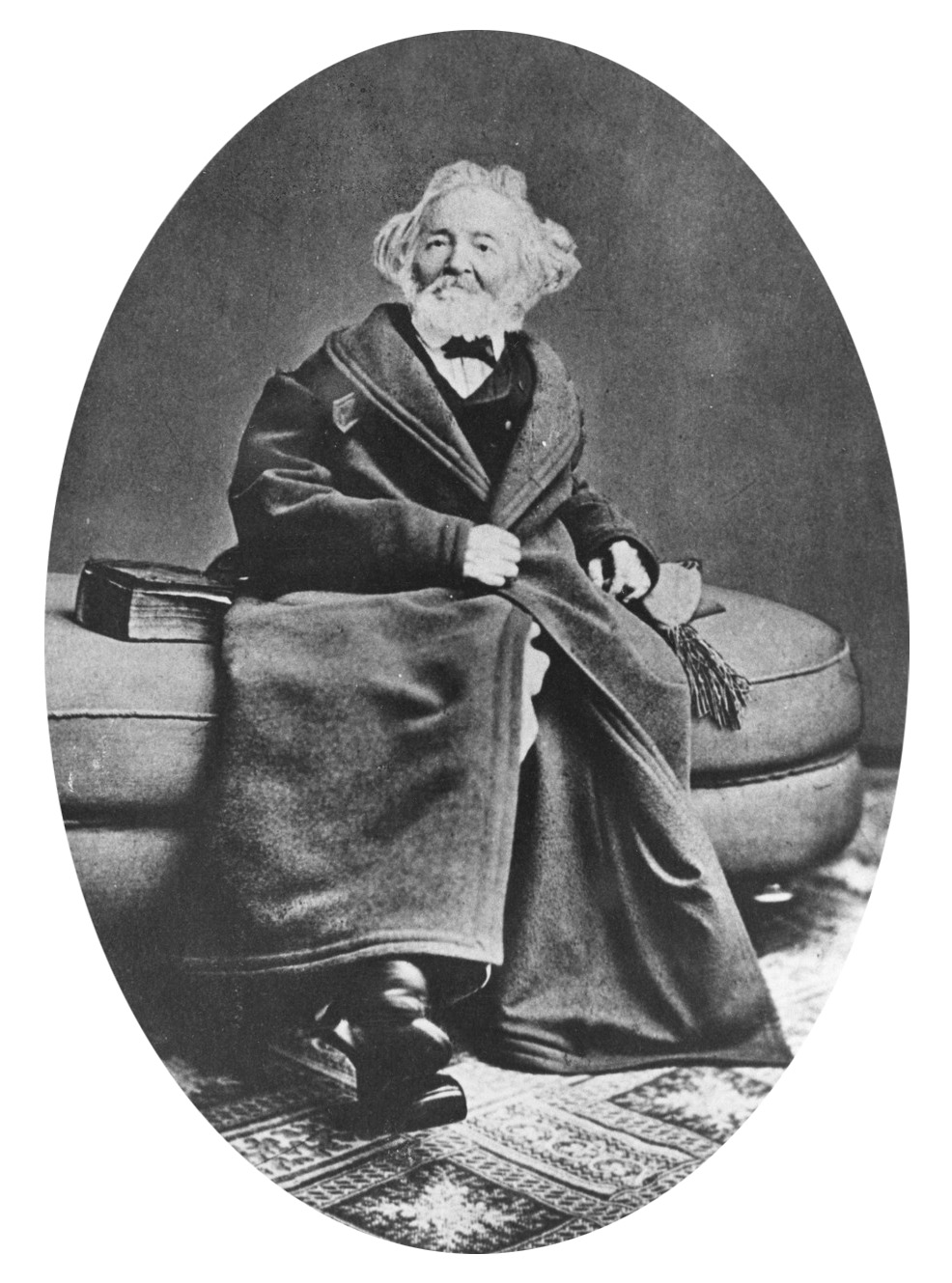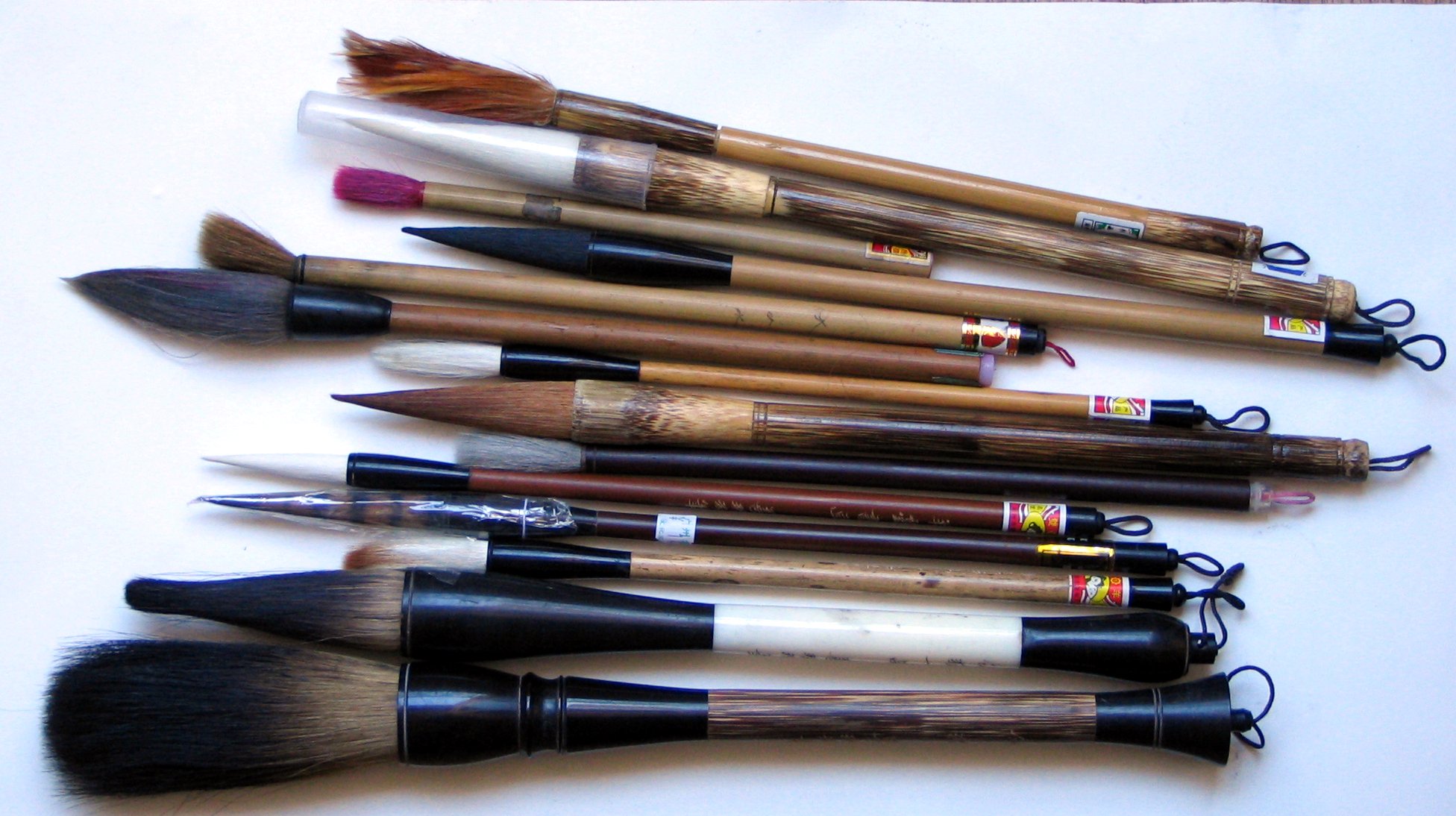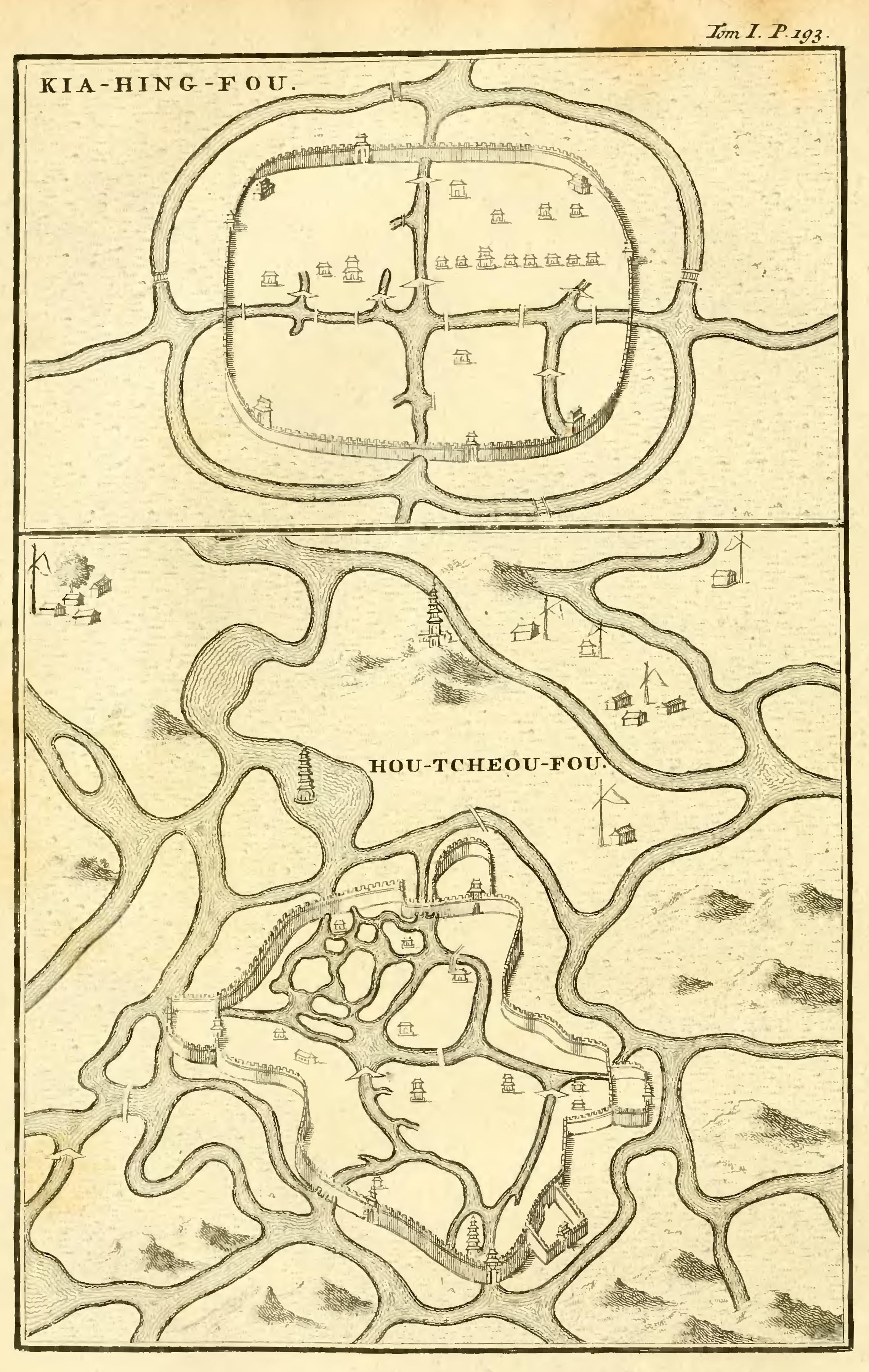|
Zhao Mingcheng
Zhao Mingcheng (, courtesy name Défǔ () or Défù () (1081–1129) was a Chinese epigrapher, poet, and politician of the Song dynasty, husband to the famous poet Li Qingzhao. His 30-volume magnum opus ''Jīn Shí Lù'' () has long been hailed as an important work in the development of Chinese epigraphy since its publication. Biography Zhao Mingcheng was born in Zhucheng, Shandong, in an affluent scholar-official family. He was the third son of civil servant Zhao Tingzhi (), who served as a prime minister () during the reign of Song Huizong. Zhao spent most of his youth in the capital Bianjing (modern day Kaifeng), where he entered the royal Taixue academy to study the classics. In 1101 he met then 18-year-old Li Qingzhao and the two quickly fell in love. Their marriage was hailed among the literati. The couple shared strong interest in art collection and epigraphy and avowed to collect as many antiquities as possible for the sake of future research. Zhao Mingcheng ... [...More Info...] [...Related Items...] OR: [Wikipedia] [Google] [Baidu] |
Zhao (surname)
Zhao (; ) is a Chinese surname, Chinese-language surname. The name is first in the ''Hundred Family Surnames'' – the traditional list of all Chinese surnames – because it was the emperor's surname of the Song dynasty (960–1279) when the list was compiled. The first line of the poem is 趙錢孫李 (Zhao, Qian (surname), Qian, Sun (surname), Sun, Li (surname 李), Li). Zhao may be Romanization, romanized as "Chiu" from the Cantonese pronunciation, and is romanized in Taiwan and Hong Kong as "Chao (surname), Chao" in the Wade–Giles system. It is romanized as Vietnamese name, Vietnamese family name "Triệu" among the Chinese diaspora in Vietnam. Zhao is cognate to List of Korean surnames, Korean family name "Cho (Korean surname), Cho" (조) in Korea. The romanization is shared with the much rarer family name Zhào (兆). Evolution of the Zhao clan Modern culture In Lu Xun's novel ''The True Story of Ah Q'', Ah Q said he belonged to the same clan as Mr. Zhao, who was ... [...More Info...] [...Related Items...] OR: [Wikipedia] [Google] [Baidu] |
Guozijian
The Guozijian,Yuan, 194. sometimes translated as the Imperial College, Imperial Academy, Imperial University, National Academy, or National University, was the highest level academic and educational institution throughout most of imperial China's history. It was created under the reign of Emperor Wu of Jin (r. 265–289) and became the highest level academic institution in China over the next 200 years. After the demise of the Song dynasty (960–1279), it became synonymous with the previous highest level academic institution, the '' Taixue''. The Guozijian was abolished in 1907 during the Qing dynasty. History Origin The Guozijian (''Directorate of Education'') was founded under Emperor Wu of Jin (r. 265–289) to educate the nobility. After the nine rank system was introduced for grading bureaucrats in the Chinese government, the Guozijian was created for persons rank five and above, effectively making it the educational institution for nobles, while the Taixue was releg ... [...More Info...] [...Related Items...] OR: [Wikipedia] [Google] [Baidu] |
1129 Deaths
Year 1129 ( MCXXIX) was a common year starting on Tuesday of the Julian calendar. Events By place Europe * April 14 – Following the Capetian tradition, King Louis VI (the Fat) has his eldest son Philip crowned as co-ruler of France at Rheims Cathedral. Louis himself becomes the national protector of all France. * June 2 – Fulk V, count of Anjou, marries Melisende (daughter of King Baldwin II) the heir to the Kingdom of Jerusalem. Fulk gives up his title which passes to his 15-year-old son, Geoffrey V (the Fair). * September – Roger II of Sicily gains recognition as duke at Melfi from the Norman nobles of Naples, Bari, Capua, Salerno and other cities that have resisted him. * Burgsteinfurt Castle is built in what is now Steinfurt (modern Germany). Asia * Jin–Song War: Emperor Gao Zong of the Song dynasty moves the capital from Yangzhou to Hangzhou, after the Jurchen Jin dynasty captures Kaifeng in the Jingkang Incident. * March 26 &ndas ... [...More Info...] [...Related Items...] OR: [Wikipedia] [Google] [Baidu] |
1081 Births
Year 1081 ( MLXXXI) was a common year starting on Friday of the Julian calendar. Events By place Byzantine Empire * April 1 – Emperor Nikephoros III is forced to abdicate the throne, and retires to the Peribleptos monastery. He is succeeded by Alexios I Komnenos, who is crowned on April 5, as ruler of the Byzantine Empire. His brother-in-law Nikephoros Melissenos supports Alexios as new emperor, in exchange for the title of ''Caesar'' (co-emperor), and is appointed as commander of the Byzantine armies in the West. * May – A Norman fleet of 150 ships (including 60 horse transports), led by Duke Robert Guiscard, sets off towards the Dalmatian coast. An army of 15,000 men (including about 1,300 Norman knights) sails to the city of Avalona (modern Albania); they are joined by several ships from Ragusa, a republic in the Balkans who are enemies of the Byzantines. * October 18 – Battle of Dyrrhachium: After taking the island of Corfu, Robert Guiscard ... [...More Info...] [...Related Items...] OR: [Wikipedia] [Google] [Baidu] |
Leopold Von Ranke
Leopold von Ranke (21 December 1795 – 23 May 1886) was a German historian and a founder of modern source-based history. He was able to implement the seminar teaching method in his classroom and focused on archival research and the analysis of historical documents. Building on the methods of the Göttingen school of history, he was the first to establish a historical seminar. Ranke set the standards for much of later historical writing, introducing such ideas as reliance on primary sources (empiricism), an emphasis on narrative history and especially international politics ('' Außenpolitik''). He was ennobled in 1865, with the addition of a " von" to his name. Ranke also had a great influence on Western historiography and is considered a symbol of the quality of 19th century German historical studies. Ranke, influenced by Barthold Georg Niebuhr, was very talented in constructing narratives without exceeding the limits of historical evidence. His critics have noted the influe ... [...More Info...] [...Related Items...] OR: [Wikipedia] [Google] [Baidu] |
Zhu Xi
Zhu Xi ( zh, c=朱熹; ; October 18, 1130April 23, 1200), formerly romanized Chu Hsi, was a Chinese philosopher, historian, politician, poet, and calligrapher of the Southern Song dynasty. As a leading figure in the development of Neo-Confucianism, Zhu Xi played a pivotal role in shaping the intellectual foundations of later imperial China. He placed great emphasis on rationality, opposed mysticism and religious experience, and constructed a huge philosophical system. His extensive commentaries and editorial work on the ''Four Books'' became the core texts of the imperial civil service examinations from 1313 until their abolition in 1905. He advanced a rigorous philosophical methodology known as the "investigation of things" () and emphasized meditation as an essential practice for moral and intellectual self-cultivation. Zhu Xi's thought exerted profound influence, becoming the official state ideology of China from the Yuan dynasty onward, and was later adopted in other East ... [...More Info...] [...Related Items...] OR: [Wikipedia] [Google] [Baidu] |
Southern Song Dynasty
The Song dynasty ( ) was an imperial dynasty of China that ruled from 960 to 1279. The dynasty was founded by Emperor Taizu of Song, who usurped the throne of the Later Zhou dynasty and went on to conquer the rest of the Ten Kingdoms, ending the Five Dynasties and Ten Kingdoms period. The Song frequently came into conflict with the contemporaneous Liao, Western Xia and Jin dynasties in northern China. After retreating to southern China following attacks by the Jin dynasty, the Song was eventually conquered by the Mongol-led Yuan dynasty. The dynasty's history is divided into two periods: during the Northern Song (; 960–1127), the capital was in the northern city of Bianjing (now Kaifeng) and the dynasty controlled most of what is now East China. The Southern Song (; 1127–1279) comprise the period following the loss of control over the northern half of Song territory to the Jurchen-led Jin dynasty in the Jin–Song wars. At that time, the Song court retreated south ... [...More Info...] [...Related Items...] OR: [Wikipedia] [Google] [Baidu] |
Ouyang Xiu
Ouyang Xiu (; 1007 – 1072 CE), courtesy name Yongshu, also known by his art names Zuiweng () and Liu Yi Jushi (), was a Chinese historian, calligrapher, epigrapher, essayist, poet, and politician of the Song dynasty. He was a renowned writer among his contemporaries and is considered the central figure of the Eight Masters of the Tang and Song. He revived the Classical Prose Movement (first begun by the two Tang dynasty masters two centuries before him) and promoted it in imperial examinations, paving the way for future masters like Su Shi and Su Zhe. Ouyang Xiu's interests as a writer were remarkably diverse. As a historian, he was put in charge by Emperor Renzong of Song of creating the ''New Book of Tang'', which was completed in 1060 CE. He also wrote in his spare time the '' Historical Records of the Five Dynasties'', the only book in the Twenty-Four Histories to have been written in private by a single author. As a poet, he was a noted writer of both the '' cí'' and ' ... [...More Info...] [...Related Items...] OR: [Wikipedia] [Google] [Baidu] |
Writing Brush
A Chinese writing brush () is a paintbrush used as a writing tool in Chinese calligraphy as well as in Japanese, Korean, and Vietnamese which all have roots in Chinese calligraphy. They are also used in Chinese painting and other brush painting styles. The ink brush was invented in China around 300 B.C. Together with the inkstone, inkstick and Xuan paper, these four writing implements form the Four Treasures of the Study. Types Brushes differ greatly in terms of size, texture, material, and cost. The brush hair chosen depends on one's needs at the moment; certain kinds of brushes are more suited to certain script styles and individuals than others. * Handle: usually of bamboo, exotic brushes may instead use such materials as gold, silver, jade, ivory, red sandalwood or spotted bamboo. * Hair source: normally the brush is made from goat, Siberian weasel (, yellow-rat-wolf), pig, mouse, buffalo, wolf, or rabbit hair, while exotic ones can be made from tiger, fowl, deer, and ... [...More Info...] [...Related Items...] OR: [Wikipedia] [Google] [Baidu] |
Dysentery
Dysentery ( , ), historically known as the bloody flux, is a type of gastroenteritis that results in bloody diarrhea. Other symptoms may include fever, abdominal pain, and a feeling of incomplete defecation. Complications may include dehydration. The cause of dysentery is usually the bacteria from genus '' Shigella'', in which case it is known as shigellosis, or the amoeba '' Entamoeba histolytica''; then it is called amoebiasis. Other causes may include certain chemicals, other bacteria, other protozoa, or parasitic worms. It may spread between people. Risk factors include contamination of food and water with feces due to poor sanitation. The underlying mechanism involves inflammation of the intestine, especially of the colon. Efforts to prevent dysentery include hand washing and food safety measures while traveling in countries of high risk. While the condition generally resolves on its own within a week, drinking sufficient fluids such as oral rehydration solutio ... [...More Info...] [...Related Items...] OR: [Wikipedia] [Google] [Baidu] |
Huzhou
Huzhou (, ; Huzhou dialect: Romanization of Wu Chinese, ''ghou² cieu¹'') is a prefecture-level city in northern Zhejiang province (Hangzhou–Jiaxing–Huzhou Plain, China). Lying south of the Lake Tai, it borders Jiaxing to the east, Hangzhou to the south, and the provinces of Anhui and Jiangsu to the west and north respectively. Huzhou is on the south bank of Taihu Lake, which it is named after. It has a history of more than 2,300 years. It governs Wuxing and Nanxun districts and three counties of Deqing, Changxing and Anji, with a total area of 5,818 square kilometers. As of the 2020 census, its population was 3,367,579 inhabitants, of whom 1,015,937 lived in the built-up (''or metro'') area made of Wuxing District as Nanxun District was not yet being conurbated. Location Huzhou, in its general aspect, is in the center of the Yangtze Delta, Yangtze River Delta Economic Area, with the city center south of the Chinese third largest freshwater lake Lake Tai. The city borde ... [...More Info...] [...Related Items...] OR: [Wikipedia] [Google] [Baidu] |
Jurchen People
Jurchen (, ; , ) is a term used to collectively describe a number of East Asian people, East Asian Tungusic languages, Tungusic-speaking people. They lived in northeastern China, also known as Manchuria, before the 18th century. The Jurchens were renamed Manchu people, Manchus in 1635 by Hong Taiji. Different Jurchen groups lived as hunter-gatherers, pastoralist semi-nomads, or sedentary agriculturists. Generally lacking a central authority, and having little communication with each other, many Jurchen groups fell under the influence of neighbouring dynasties, their chiefs paying tribute and holding nominal posts as effectively hereditary commanders of border guards. Han Chinese, Han officials of the Ming dynasty (1368–1644) classified them into three groups, reflecting relative proximity to the Ming: #Jianzhou Jurchens, Jianzhou (Chinese: 建州) Jurchens, some of whom were mixed with Chinese populations, lived in the proximity of the Mudan River, Mudan river, the Changbai Mo ... [...More Info...] [...Related Items...] OR: [Wikipedia] [Google] [Baidu] |
